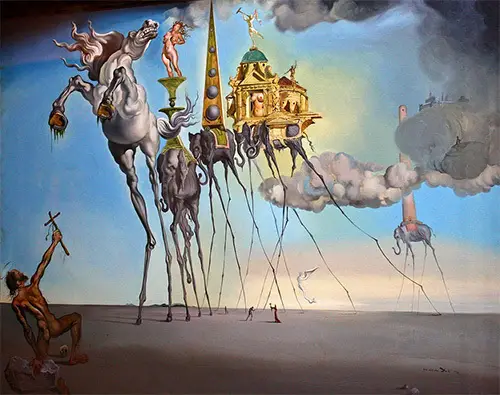 The Last Days of New Paris
The Last Days of New Paris
China Miéville
Del Rey
Release Date: August 9, 2016
ISBN 978-0-34554-399-8
I adore China Miéville’s writing; it delights and confounds me in equal measure. For some reason, he can get away with making me feel absolutely lost and yet firmly tucked into wherever he goes. I am constantly running into words I do not recognize and cannot begin to define, and yet I don’t feel that he’s being purposefully obscure or highbrow; it’s simply the way his brain works, and I can appreciate that (agitprop, hecatomb, cathexis, deliquescence, pleromic). In fact, it endears me to him. He doesn’t use language, he is language.
It’s equally easy and difficult to describe his plots; they seem trite when boiled down to a few lines of exposition, ludicrous even. But when you are reading his stories, you see, you understand, you believe.
It’s Paris, in 1941. World War II is raging, and Nazis occupy the city. But in this Paris, a different kind of bomb explodes, something that comes to be known as the S-Blast, not of German origin but of the very contradictions between dreams and reality. Its consequences are surreal, literally. Nightmares walk the streets in the form of both devils from Hell and grotesque manifs, which are the living manifestations of surrealist objects from art and philosophy. (In this Paris, “art hunts.”)
New Paris of 1950 is a sealed city, where devils and manifs keep the human inhabitants trapped like rats between conflicts. The Nazis still occupy the city, and strive with malicious experimentation to control the manifs while fending off stiff opposition from the mundane demons and of cloistered Resistance groups made up of native Parisians who fight with avant-garde materials and philosophy.
Thibaut is one such Resistance member, not so much a fighter as someone who intrinsically understands the surreal and has some powerful (but bizarre) talismans that keep him safe to some degree, and purposeful. By chance he comes across Sam, and American photographer, who is intent on documenting the grotesqueries and conflicts of New Paris; she is passionate about the book she plans to write. But in this freakish Paris, there is no “normal”, and when it becomes clear that Sam is using Thibaut as a means to an end, he must decide how far he will go to follow her in the direction of his own dream – to breathe the free air outside of the only reality he has ever known.
I will admit, The Last Days of New Paris was not one of China Miéville’s easier books for me (if you can call any of his books “easy”). Not knowing much about surrealism, the avant-garde movement, or Paris itself, I lost traction when the text saturated itself in such things, which was often. There was much that was definitely beyond my ken, and I readily admit to not being enamored of the freakish, the overtly bizarre, just as a matter of personal taste. But the story was so very compelling and the writing – oh, the writing! Even if the subject often wandered into the aberrant, and the images often were grotesque and difficult, the writing was consistently exquisite:
They listen to the hooting of predators and the calls of prey astounded to exist. From behind the ripped-up car a feathered sphere the size of a fist rolls into view, sending up dust. It opens. In its center is a single, staring blue eye.
Sam stares back at it.
“It’s eating,” Thibaut says. “They live on looking.” It feels good to tell her things she does not know. “You can catch them and make them fat if you show them bright colors. Then we roast them.” The meat was greasy with everything they’d seen. A horde of the things rolls into view behind the first. Sam takes pictures as they regard her.
Thibaut decides he will stay with her for a while.
The singular imagery, the simplicity of the statement, the hugeness of the idea, the ability to make the monstrous eloquent – these are things that China Miéville does better than almost anyone else. The Last Days of New Paris may not be an easy read, but it is definitely worth reading.
~ Sharon Browning
(For those who may be curious: agitprop = political propaganda, hecatomb = great public sacrifice, cathexis = the concentration of mental energy on one particular person, idea, or object, usually to an unhealthy degree, deliquescence = melting away in the process of decay, pleromic = a sense and knowledge of purpose and spiritual fullness in the face of the imperfection.)

